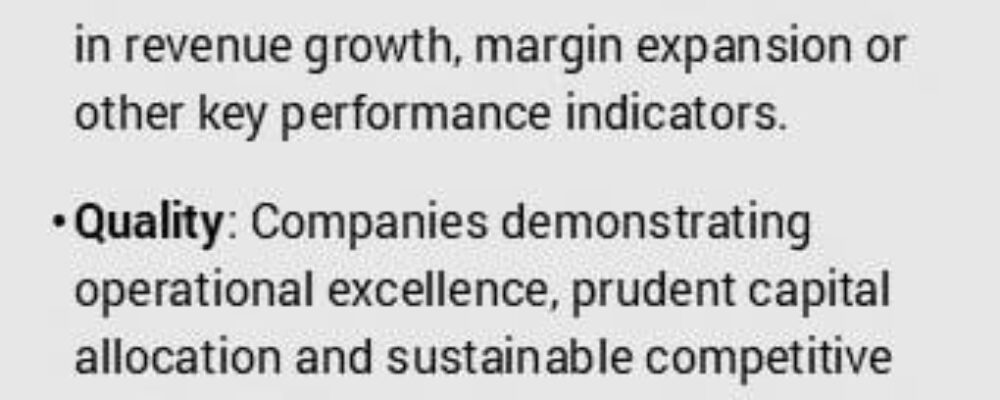
This month, we feature four papers that challenge assumptions with real-world evidence. Regulatory restrictions can either stifle or spark innovation depending on specific circumstances; seeking customer feedback creates dramatic spillover benefits that boost profits; and activist pressure can decrease corporate compliance with sustainability regulations.
Finally, our professors found that the conventional advice “if you want it done right, do it yourself” is quite true, but they also show that “if you want it done fast, hire someone else to do it”.
1. How restrictive environments can promote or harm innovation
Researchers have been divided about how strict regulations affect companies’ ability to innovate. Some believe that when regulations limit what businesses can do, innovation suffers because companies have fewer tools and approaches available. Others argue that restrictions boost innovation by forcing companies to find creative alternatives and new solutions to problems.
Michael Park, Shuping Wu and their coauthor, Russell Funk from University of Minnesota, show both views can be right. They studied over 1,200 companies in the United States over nearly 20 years, analysing their patents alongside US federal regulations affecting them. They discovered that strict regulations can either help or harm innovation depending on two key factors: how uncertain the regulatory environment is and what kind of innovation the company is pursuing.
2. Seeking customer feedback reaps handsome rewards
When businesses ask customers for feedback and tweak their product and services accordingly, they don’t just please the customers they talk to. All customers, including those who were never asked for input, tend to be impressed. Very impressed: A two-year experiment with businesses in Rwanda by Rupali Kaul and her coauthors* shows that customers who weren’t part of the feedback process were 38 percent more likely to remember the business and increased their purchases by 77 percent.
In the study, the businesses that gathered customer feedback saw revenues grow by 62 percent and profits by 54 percent compared to those that didn’t. The authors also developed a simple feedback system that even small businesses can use to boost their performance. These findings show that gathering customer feedback is valuable not just for understanding customers better, but for driving real business improvements that lead to higher sales and profits.
*Stephen J. Anderson from Texas A&M University; Pradeep K. Chintagunta from Chicago Booth School of Business, and Naufel Vilcassim from London School of Economics and Political Science
3. When activist pressure backfires
Government rules requiring businesses to report on their sustainability efforts are often followed by pressure from activist groups. Jasjit Singh, Devanshee Shukla and former INSEAD prof Matthew Lee, now at Harvard Kennedy School, tested whether such pressure is effective. They worked with a well-known human rights organisation to send letters reminding companies about their obligations to disclose what they’re doing to prevent human trafficking and forced labour under the UK’s Modern Slavery Act.
Surprisingly, companies that received these letters were subsequently less likely to comply with the reporting requirements. This negative effect lessened when the letter included examples of similar companies that were following the rules, and were further reduced when these compliant companies were from the same geographic area as the company receiving the letter.
4. If you want it done fast, hire someone else to do it
When companies hire external experts to search for things they need – like office space, new technologies or job candidates – the best payment strategy is to offer a time-limited deal, as Ilia Tsetlin, Sameer Hasija and Stephen Chick found.
Specifically, pay the searcher a regular fee plus a bonus that gets smaller the longer the search continues, while gradually becoming less picky about what’s acceptable.
If the company can’t directly verify the quality of the options presented, the payment plan needs to be split into two phases, according to the study coauthored with Sasa Zorc, an INSEAD PhD graduate now at University of Virginia. Early on, the searcher gets a small reward for presenting any option. As the search wears on, they only get paid (a larger but decreasing amount) when the company accepts one of their finds.
“INSEAD, a contraction of “Institut Européen d’Administration des Affaires” is a non-profit graduate-only business school that maintains campuses in Europe, Asia, the Middle East, and North America.”
Please visit the firm link to site





